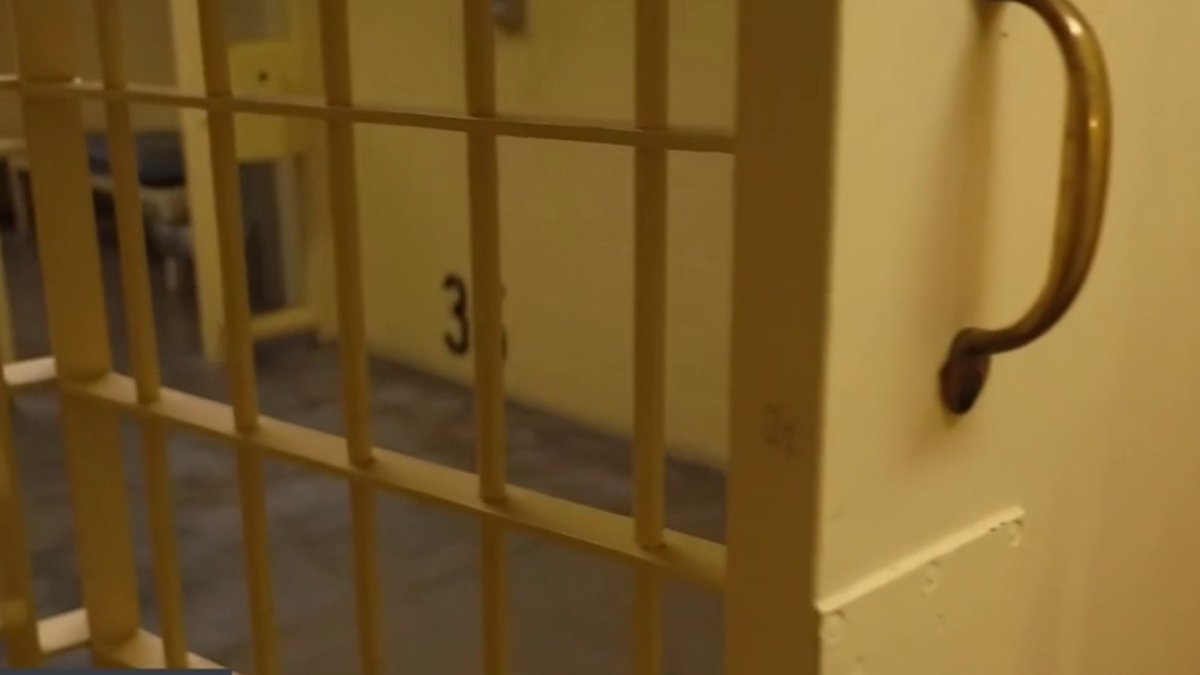
Supervisor Terra Lawson-Remer says that for too long, jails have been used as a first-line response for homelessness and people who struggle with mental and behavioral health issues, reports NBC 7’s Priya Sridhar.
According to San Diego County, it costs approximately $81,000 to incarcerate someone here annually. Studies show it would cost approximately $32,000 per year to put someone in housing and social services programs and anywhere between $3,000 and $10,000 to put a person in outpatient drug or alcohol treatment programs.
Supervisor Terra Lawson- Remer from District 3 proposed the study and says that for too long jails have been used as a first-line response for homelessness and people who struggle with mental and behavioral health issues.
"I absolutely think that when we’re spending so much more on our jails than on helping people get themselves back on their feet, helping them get the services that they need, that is an indicator that our society's priorities are not aligned with, I think, our shared values," she said.
During the pandemic, San Diego County stopped booking people for minor crimes that are often associated with homelessness or mental health issues, in order to adhere to COVID-19 protocols. As a result, the jail population decreased by 32%, according to the county, and they saved millions of dollars.
Get San Diego local news, weather forecasts, sports and lifestyle stories to your inbox. Sign up for NBC San Diego newsletters.
"Whenever you see an opportunity to learn something because circumstances changed and allowed us to see what's happened to individuals given a different set of laws and circumstances, it's really an opportunity for us to learn and to do better in our community," Lawson-Remer said.
Aaron Wooten leads a program called Father 2 Child through Mental Health America of San Diego County. He's worked as a drug counselor inside Donovan State Prison and has worked with more than 1,000 formerly incarcerated men in our area, many of who have struggled with drug addiction and mental illness.
"Part of dealing with the mentally challenged population is to get them to understand that even though they feel better they still have to have a mechanism by which they're being monitored for taking their medication," he said.
Local
He thinks diversionary programs can be a better alternative at addressing some of the root causes of the problems of people, instead of locking them up.
"If you put people in the appropriate service container, they will respond in an appropriate way, without the need for any punitive action from the system," he said.
According to the county, they have paid approximately $14 million in the last 13 months because of in-custody deaths and settlements from allegations of lapses in the jail's medical system. The preliminary report that the Supervisors just approved will include analysis and policy recommendations and will be due by March of 2022.